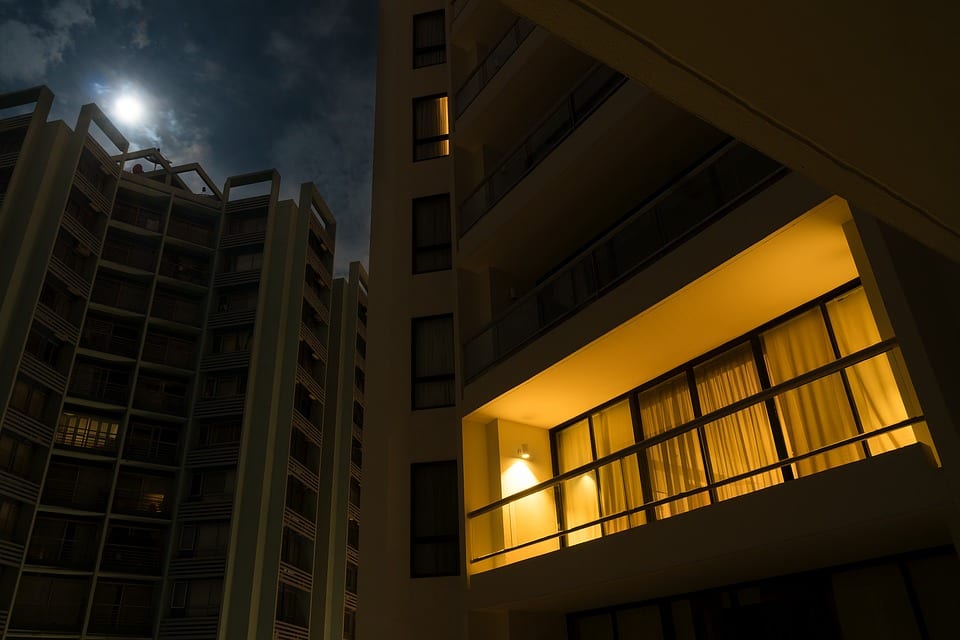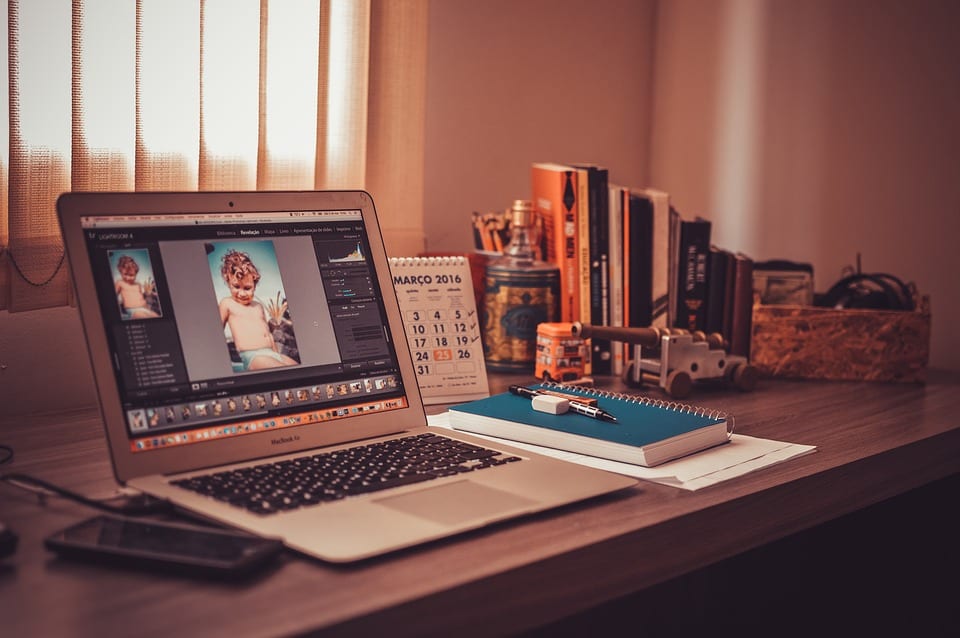You think you’re better than me, buddy?
I see the way you’re looking in my direction and I feel like you’re judging me because I’m more of a morning person than a night owl.
Oh, sure, in my younger days I was probably more of a night owl, but now I like to be in bed at a decent time so I can get up early and get to work!
And people do seem to go back and forth over which side is better.
AskReddit users weighed in on this subject…let’s see what they had to say.
1. Drives me nuts…
“It drives me nuts when people who wake up early brag about it like it’s some accomplishment. These people usually go to bed early too!
So why is it that people who go to bed late and get up late are seen as lazy? Some of my best ideas and work happen at night when everyone is asleep, my mind is more clear. I just enjoy night time more than day time, what is so wrong with that? It would be crazy to think that everyone can just have the same sleep schedule and thrive.
People have different needs and different rhythms, that is perfectly fine. If you’re a functional person, it shouldn’t matter what time you go to sleep or wake up.”
2. A lifestyle choice.
“I will say this…
Morning people enjoy more of a normal life.
Night owls……well…night owls enjoy themselves, period.”
3. Society says…
“It’s really a societal issue that morning people are seen as “normal” and night people are seen as lazy and unhealthy.
Because waking up insanely early is just as unnatural and unhealthy as staying up super late.
Both go against a human’s natural sleep cycle, so sleep whenever you want.”
4. Seen it all.
“I’ve swung both ways in my life.
Total night owl in high school and college. Morning person for a few years, swung back and for a few times. While there are benefits to both, it is way easier to live a “normal” life as a morning person.
Businesses are open, you can do outdoor activities, and its way easier to stay up late than to wake up early.”
5. At peace.
“I prefer the night, just because it’s the only time no one demands anything from you.
If the nagging people in my life weren’t also early birds, I’d be one. But for now I can only be at peace in the late hours.”
6. No issues.
“As long as you’re able to get up, get your work done, and pull your weight then it’s not an issue.
My husband (when he doesn’t need to work) gets up around 9 or 10. I only wake him up if we have plans.
He wakes up, does his own thing for maybe an hour, and then gets his sh*t done. I don’t see the issue.”
7. Circadian rhythm.
“Technically the human body has evolved in a way to be the most productive when waking up early and getting a good night’s sleep. It’s a part of our circadian rhythm.
Being a morning person has actual mental and even some physical health benefits. I used to be a night owl but I also struggled with depression. One of the things my doctor recommended for my depression was to have a consistent sleep schedule that involved waking up early.
This actually ended up helping me out way more than I was expecting. Do not underestimate what it is like being a morning person.”
8. We’re all different.
“I have been getting up at 6am for 3 years as part of my work.
I still feel tired all day, and have only been depressed since I’ve been forced to be a morning person!
I don’t think age has got anything to do with it I think it is just how different people work.”
9. Works for you.
“I struggled with depression and honestly being a night person kept me a lot more calm and safe and made me more productive.
My therapist made me a morning person for a while and I really didn’t feel better – if anything, it was worse.
10. A night person.
“I used to have school and work in the mornings and I’ve had chronic fatigue and depression for years.
But since I started working 3rd shift it’s like I’m a new person. I have so much more energy and I just feel so much better.
So it definitely depends on the person and your natural rhythm and what not. Apparently mine is backwards.”
11. Transitioned.
“I’m a natural night owl who has forcefully transitioned myself to a morning person.
The reason for this is that once you’ve adjusted to waking up early, those first few hours becomes the most productive time of day for you. Your brain is fresh and ready to go full steam ahead. This is actually proven through studies.
So I’ll wake up at 5, go to the gym and be back home by 6:30. I’ll have breakfast and a shower and be ready to go for my day by 7. Then in the two hours before my classes start, I can generally get more work done than I would in the entire rest of the day.
When night time rolls around, I can use that natural pickup from being a night owl to invest in my own interests. I don’t benefit as long because I need to sleep earlier, but I also don’t have to share the time with school work.
This routine gives me more freedom than just staying up late ever did. It sucked for the first week or two waking up before the sun, but now I’m able to feel like I’m giving good attention to all parts of my life.”
12. Not feeling it at all.
“I’m a night owl forced to turn into a morning person ever since I had a kid. I feel like crying. I love the night.
No postman who can bring unexpected bills. No one nagging at your head, every annoying person is asleep. It’s quiet outside.
Now i’m wasting my time sleeping in this precious time.”
Now we want to hear from you.
Are you a morning person or a night owl?
Talk to us in the comments. Please and thank you!
The post People Discuss the Statement, “Morning People Are Not Better Than Night Owls.” appeared first on UberFacts.








